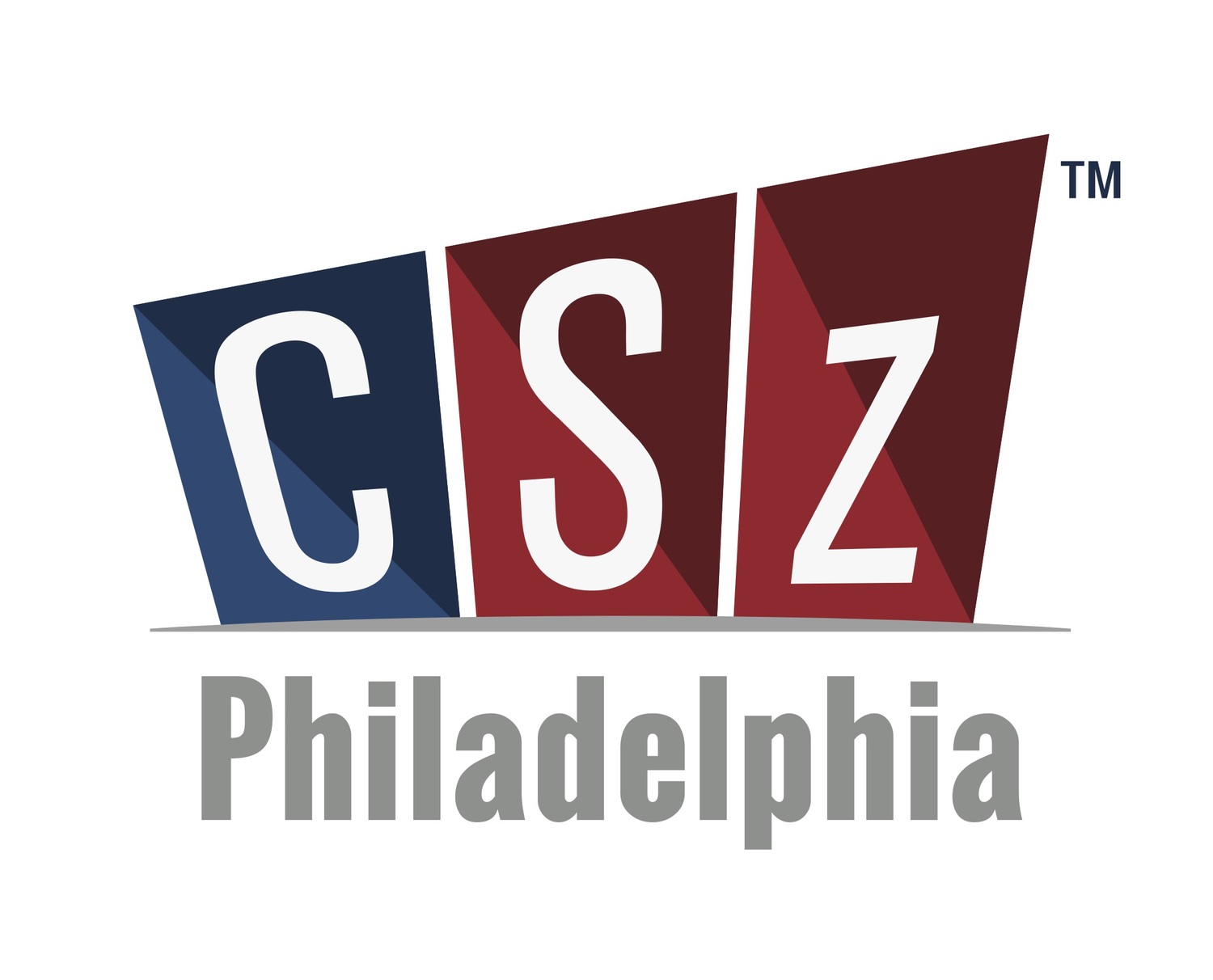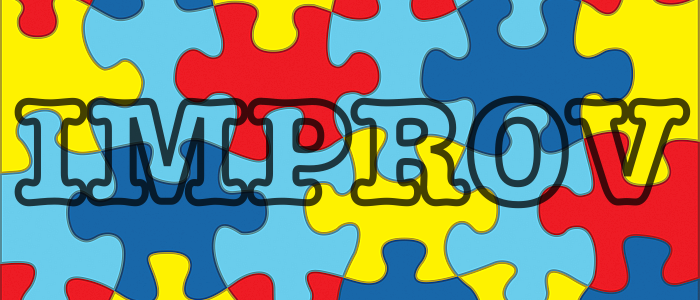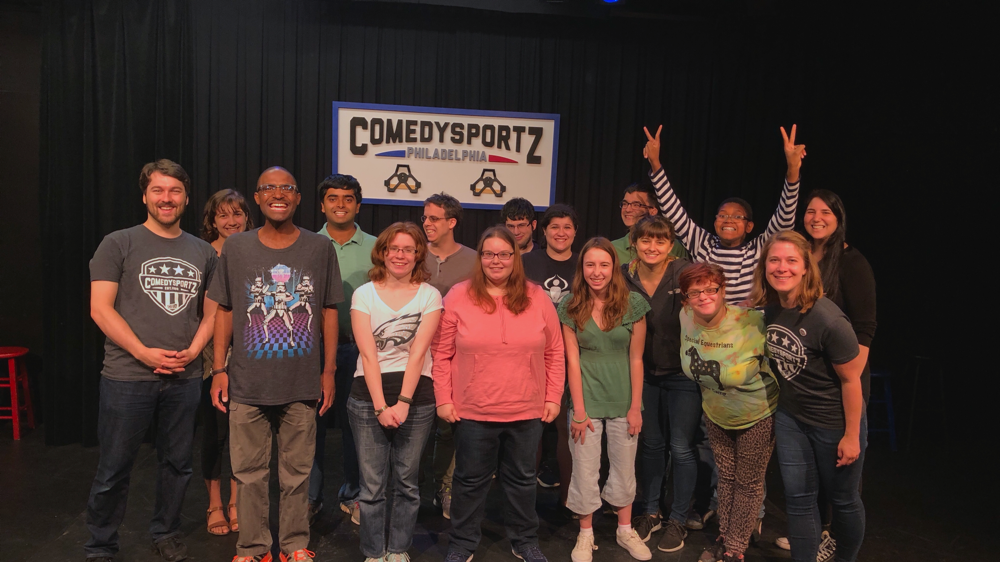Improv For Teens With Autism
/Recently, CSz Philadelphia gave an improv workshop to a group of teens and young adults on the autism spectrum. The group was from the Jewish Family and Children’s Service of Greater Philadelphia (JFCS); CSz Philly has been working with them for 4 years. The ongoing goal is to work on social interaction, provide tools to help with social skills and have fun. The two hour workshop consisted of improv exercises, games and lots of laughs.
The challenge of these workshops is finding games and exercises that connect with participants who have developmental disabilities. Some have issues with language skills or repetitive behaviors. Some have issues with social cues. Improv allows the flexibility to focus on different skill sets. An exercise that is a challenge for one participant could be a game changer for another.
CSz Philadelphia Instructors and JFCS Teen Workshop Students
No Verbal Skills, No Problem
As an example, some participants aren’t able to communicate verbally. We teach those participants the improv game of SLIDESHOW. The rules are as follows: 3-4 people on stage take various positions and hold them while a Host justifies their position as though it is a snapshot from a vacation. The setup is repeated 3-4 times. In this game, participants learn about teamwork; they also learn that they can be a creative participant without speaking.
Another exercise we used was gibberish, in which participants used a made up language to communicate. It didn’t have to make sense, it just had to be nonsensical. Participants who struggled to find words could speak freely in gibberish. We then played a game called INTERPRETER, where participants would answered questions in gibberish and a Host would translate the answers.
Scientists are researching the effects of improv on autism, and while they say more work needs to be done, they do see results (especially with anxiety).
Setting Them Up For Success
We spend time after a few games and exercises debriefing with the kids, so that they can take their new skill sets into the world.
We also want them to bring those skills onto our stage.
We schedule our workshops so the participants can come see a ComedySportz match afterward. They get to see the skills and games that they just learned, played by professionals. And we always bring a one of them up as a Volunteer Player to play a game with us. We make sure it’s a game they played in the workshop to reinforce their skills, manage their confidence and ensure their success.
Yes, And
By now, most people know the central philosophy of improv: “Yes, And.” Not only do you agree to and accept your scene partner’s offer, but you add to it, building a scene and a relationship line by line, beat by beat until “something wonderful" happens.
Children with autism don’t get to hear “Yes” a lot of the time. It’s “No” and “Stop” and “Wait,” usually for appropriate reasons. Improv lets them do and say what they want, if only for a few hours, and they are rewarded with applause and laughter.
As mentioned above, this is an ongoing program. We have some setbacks and amazing successes. We keep staying positive, building on what we learned waiting for that next “something wonderful” that we know is right over the horizon.
For more information on Jewish Family and Children’s Service of Greater Philadelphia and all the great work they do, click here. To learn more about our program, contact our Outreach Coordinator Emily Davis here.



